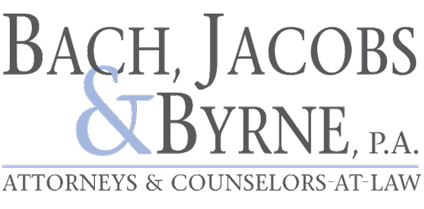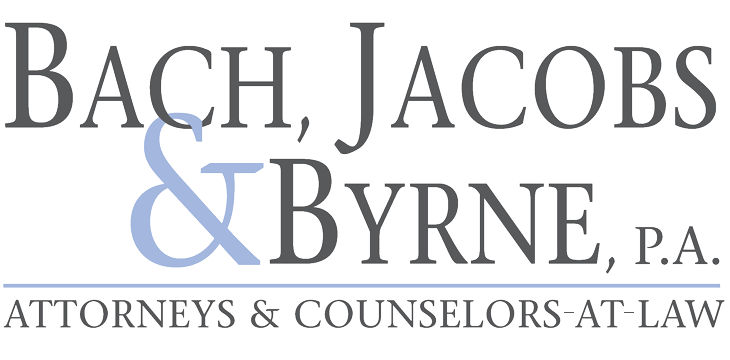How to Obtain “Uncollectible” Status if you Owe Back Taxes
As a senior citizen, it can be difficult to pay normal living expenses each month. If you also have past-due taxes that you cannot afford, they become a constant worry and hindrance. However, there are ways to help resolve this issue. The IRS is able to designate your account as “Currently Not Collectible” (CNC) if you have a low-income. As long as you have CNC status, you do not have to pay your past-due income taxes for the periods described below, as applicable, but you will still be able to remain current in tax compliance. Once you obtain CNC status, it will be maintained for at least one year. However, if you are a retiree, it is very possible that your status will be labeled as “indefinite”, since it is likely that your income will remain constant. If you have an extremely low income, being granted CNC status could be as simple as calling the number on the IRS collection notice and asking an IRS collector to file form 53 (this form can only be filed by an IRS official). If you do this, you will not need to file an excessive amount of paperwork. However, you may have to complete IRS form 433-A. This form demonstrates that you don’t have a high enough surplus of income, after paying living expenses, to pay your taxes. If you aren’t sure whether or not you qualify for uncollectible status, the IRS website has articles that include the national standards for items such as food, clothing, transportation, housing and utility expenses.
If you need further assistance with any tax matters, our attorney Frederic C. Jacobs is Florida Board Certified in Tax Law and is happy to help. To contact our offices, please call: 941-906-1231.



